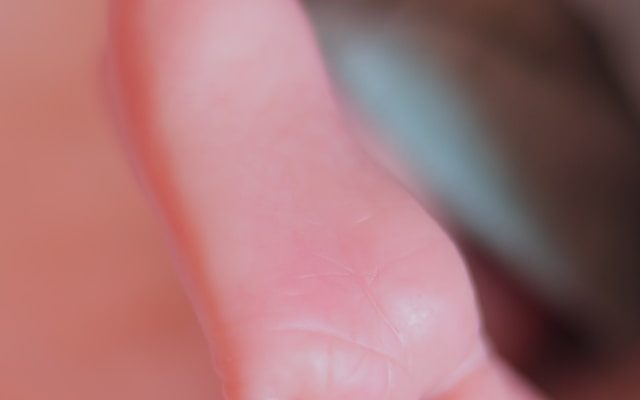Washington, D.C., June 25, 2025 — The Pan American Health Organization (PAHO) has launched the Birth Defects Repository in the Americas, an interactive platform that consolidates real-time data on congenital anomalies reported by national epidemiological surveillance systems in Latin America and the Caribbean. This tool aims to strengthen evidence-based decision-making and support the development of policies and strategies to improve maternal and child health.
Each year, approximately 15 million children are born in the Region of the Americas, with 10 million of them in Latin America and the Caribbean. More than half of all deaths among children under five occur during the first month of life, mainly due to prematurity, birth defects, sepsis, or asphyxia. Congenital anomalies are among the leading causes of neonatal mortality and childhood disability, affecting thousands of families.
These conditions are associated with genetic and hereditary factors, chromosomal abnormalities, environmental exposures, nutritional deficiencies, toxic substances, or chronic and infectious diseases during pregnancy. “The Zika virus emergency in 2016 — which can be transmitted from mother to child — and recent evidence of vertical transmission of the Oropouche virus have underscored the urgent need for timely and comparable data to prevent and address these anomalies,” said James Fitzgerald, Director of PAHO’s Department of Health Systems and Services.
To address this challenge, the repository offers interactive dashboards displaying trends, geographic distribution, and demographic patterns of birth defects, supporting the design of prevention strategies and health interventions. Although the platform currently presents preliminary data from a few countries, its coverage will expand as more national authorities contribute their records, with technical support from PAHO.
Currently, fourteen countries in the Region have national birth defect surveillance programs at various stages of development. During the virtual launch seminar of the new tool, four countries — Argentina, Brazil, Costa Rica, and Cuba — shared their experiences, as well as key challenges in implementing these systems.
Jointly developed by PAHO’s Departments of Health Systems and Services and Evidence and Intelligence for Action in Health, this initiative reaffirms the Organization’s commitment to more inclusive and effective health systems. By identifying disparities in surveillance, the repository also promotes health equity.
PAHO invites countries across the Region to join this collaborative platform, strengthening epidemiological surveillance and advancing toward a future where every child has the opportunity for a healthy start in life.





